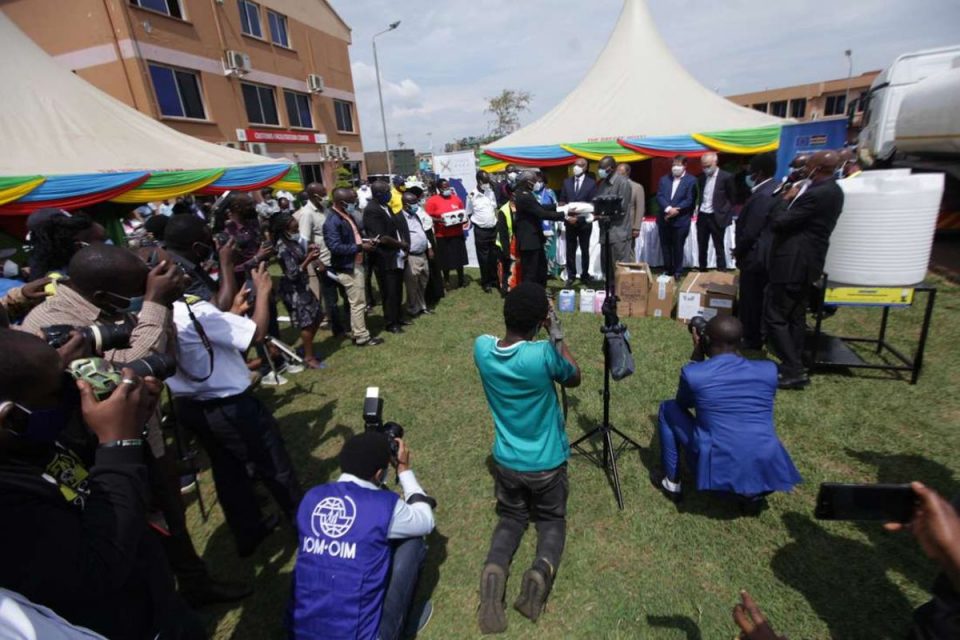The Covid-19 Pandemic remains a matter of life and death as the number of infections and deaths scuttle to a discomforting level. But while a majority of Kenyans are soaking in its impact, others are colluding to profiteer from taxpayers and borrowed funds, putting everyone at further risk of contracting the virus and complicating efforts to restore the health of those infected.
We have been treated to increasing reports of irregular procurements of critical Covid-19 items such as protective gear, coupled with concerns that some were deficient despite being procured at bloated prices. No less than the CS for Health has conceded that “there are cartels in Afya House”.
We have said this here before: Ensuring accountability for funds allocated to Covid-19 response efforts will determine how we recover from the crisis and sustain the country. Paying little regard to accountability measures and scoffing at demands for accountability is as irresponsible as that Kenyan who sneers at calls to mask in public or follow other safety protocols.
Seal all loopholes
The government must quickly seal all loopholes that have provided room for profiteers to cut corners and deals in this crisis. A critical area that must be immediately made foolproof is public procurement, the usual epicenter of corruption.
The policy framework on urgent need procurement is not clear. In April, the Public Procurement Regulatory Authority (PPRA) issued a circular guide for procurement during the pandemic, further requiring that all emerging procurement is reflected on approved procurement plans and necessary approvals sought as per the law.
But PPRA fell short of issuing policy direction or clarifying the law with regard to procurement during an emergency, especially where the market for required items is uncertain.
Data on Covid-19 procurement by most state agencies is scant as this process has been characterised as urgent. As such, it’s not subject to compliance to Executive Order 2 of 2018 on the publication of public procurement data, as it exempts procurement arising from the declaration of a national emergency or disaster from the publication requirement.
It is, however, good practice that this information is published soon, including the names of all companies and their beneficial owners awarded any contracts to provide Covid-19 commodities or services. PPRA should also regularly publish an updated market price index for essential drugs and commodities required for the management of Covid-19.
Public information
Kenyans have the right to access public information, as enshrined in Article 35 of the Constitution and the Access to Information law. Lenders and donors must demand this as a prerequisite.
The relevant investigative authorities should fast-track their efforts to probe suspected cases of procurement violations, bring to book the individuals involved and recover any resources stolen.


